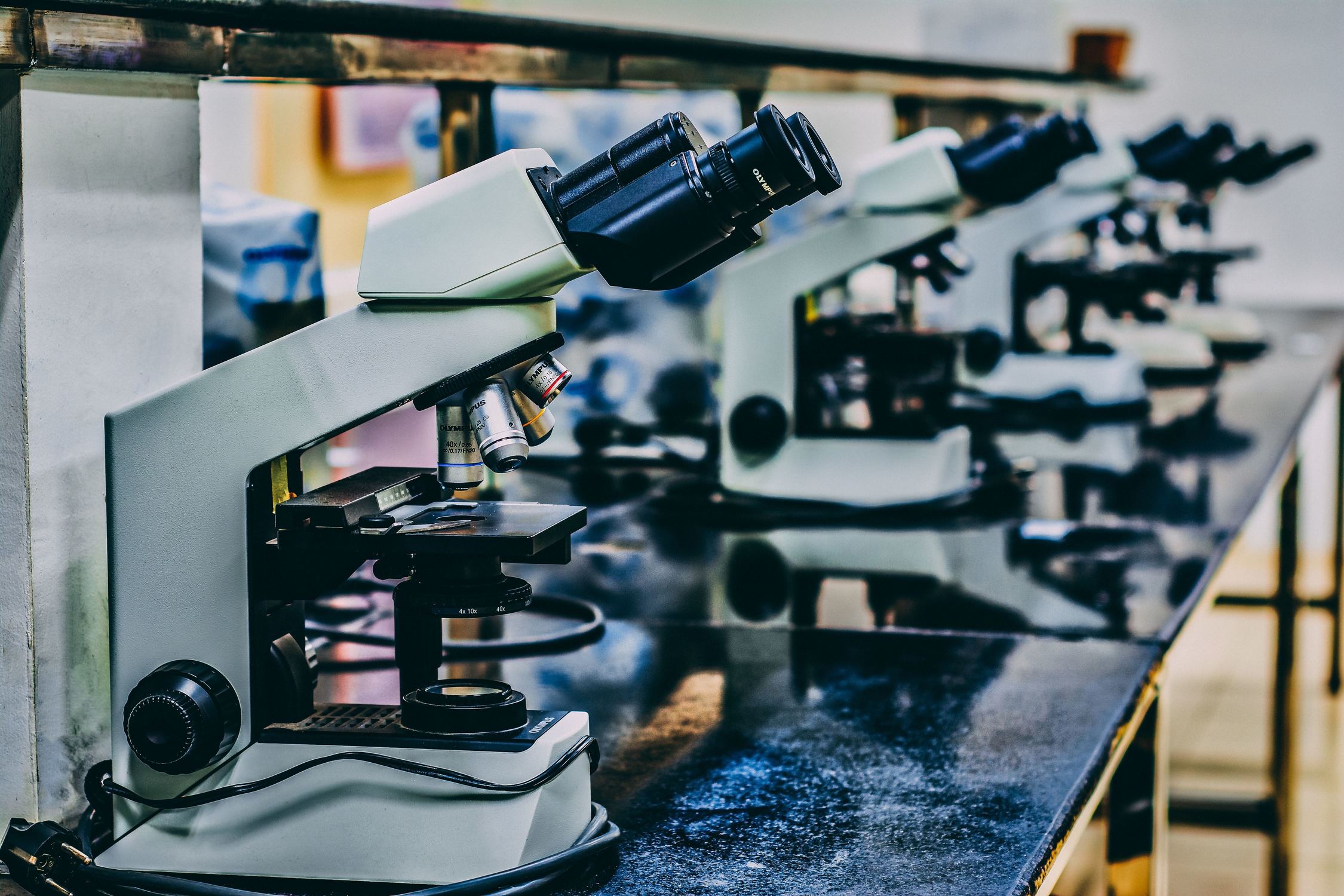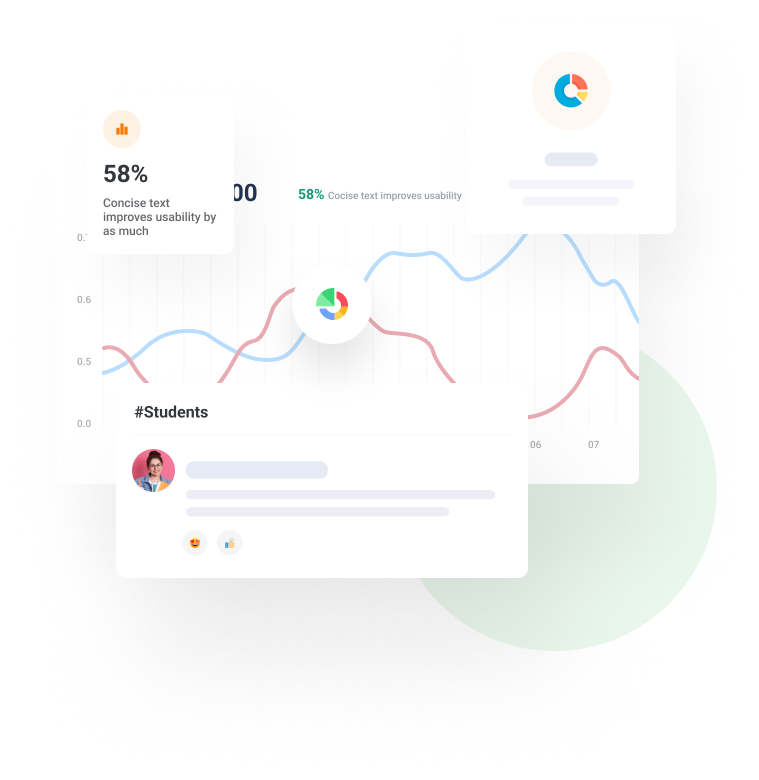Coding in the biochemistry lab
Emma Ward has her eyes fixed on a career in life science research. The University of Illinois at Chicago student talked to numerous faculty while investigating graduate school options. As she gathered advice in laying out her path towards her goal, one problem stood out to her: there was a need for programming skills in biology and biochemistry.
“[The demand is] only growing in life sciences for people to learn computational skills,” she said. Several PhD students remarked to her that they had to teach themselves, as computer science wasn’t covered in their typical undergraduate curriculum.
Seeking advice from some principal investigators in her field, the value of the skill was confirmed further as a tool that would give her a strong edge on her applications. “Many PIs said someone with computational skills would absolutely be considered first.”
As a biochemistry major, Emma took many classes that used digital learning systems. “In general, the online modules for learning have been a plus overall. They’re accessible and you can do multimedia activities you wouldn’t be able to with textbooks.” But, she found the typical downsides of poor user friendliness and the way these systems are implemented.
Now in her fourth year, Emma has taken on the new challenge of learning to program. At the outset, she remembers thinking, “Oh, that sounds so hard but it would be cool” to learn to code. “Just to pick up the syntax can be intimidating.” Emma was pleasantly surprised by her experience with zyBooks. “Small increments of increasing risk in your assignments definitely help reinforce the concepts. The interactive modules are engaging and really help with learning. The reading is short and concise.”
There are lots of applications for programming in science. For example, as part of her research, Emma takes about 9 hours to manually count cells. A simple Python counting program can be written to do the job, saving many hours of researcher time. And although some of these programs exist, they may not be specifically tailored to the research at hand. Emma continues, “There are insane amounts of data…to be able to code your own experiments is really valuable.”
Emma sees a lot of opportunity for students interested in programming and other sciences. “It would be really cool if some students could do interdisciplinary work in coding and science with zyBooks.” As for her future, Emma will spend the next year finishing a minor in computer science and begin applying to PhD programs where she can apply these powerful skills.

